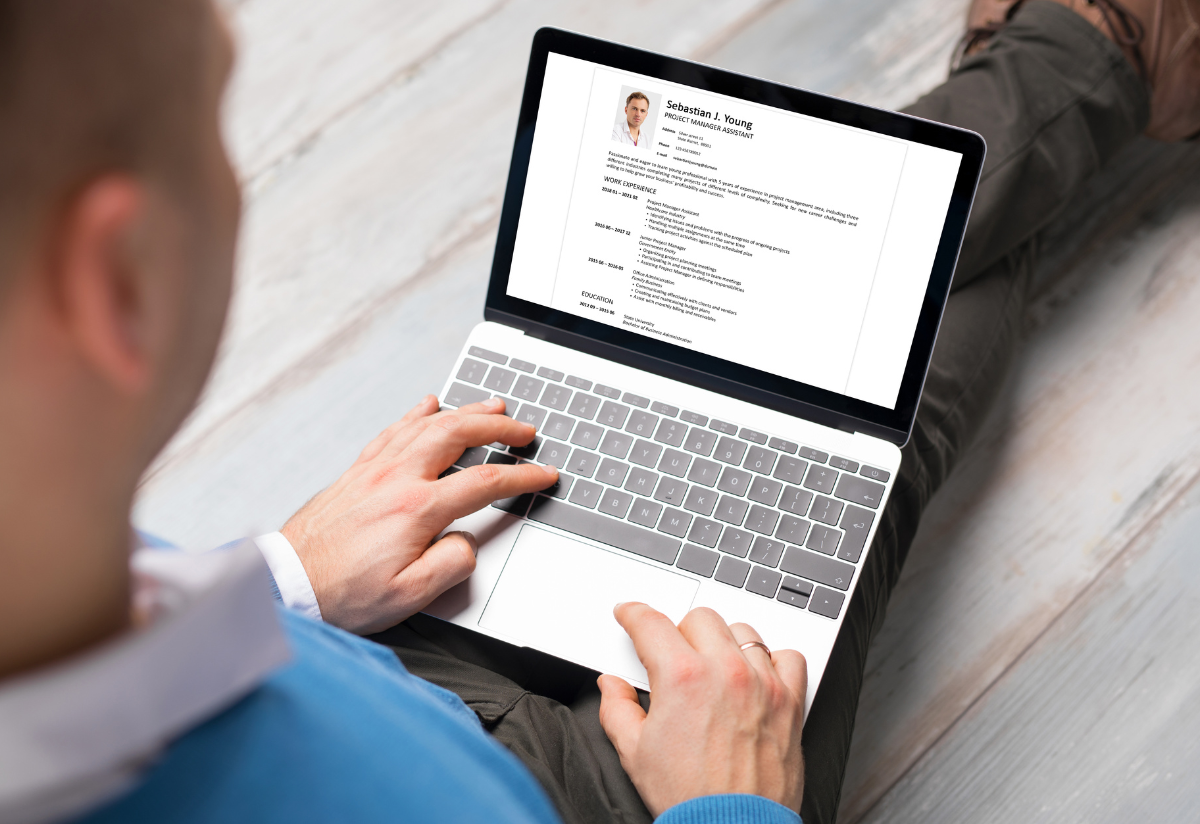Imagine your comfy suburban house. As you leave your house for work or for a vacation, you lock your doors and windows, check on your alarm system, and maybe even your security cameras. All of these security measures work together to create a safe space for you and your belongings. Cybersecurity is the digital equivalent, with apps such as password managers and VPNs protecting our increasingly online lives from constant threats actors, wanting to obtain your valuable information for malicious purposes.
Think about it this way:
- Banking: Online banking is convenient; it makes conducting transactions complete with only a few pushes of some buttons on your smartphone, but a cyberattack could leave your accounts drained.
- Shopping: We all love the ease of online shopping. Being able to purchase what you want or need without needing to leave the comfort of your lovely abode is now part of our reality, but malware hidden on fake websites can steal your credit card information.
- Social Media: We share a lot of personal information on social media from what we eat to where we travel to. A hacked account can damage your reputation or be used for identity theft.
Some of these are just a few examples of how our daily routines online can be susceptible to cyber-attacks and manipulation. Strong cybersecurity practices are no longer optional; they’re now essential for safeguarding our personal needs from privacy to finances, and even our identities.
To say we can avoid these attacks in this current digital age is no longer an option, unless you consider living off the grid far away from civilization. Nevertheless, the more important notion here is how we protect ourselves from malicious actors that would like to harvest our personal information for their own personal gain.
By staying informed with the current cybersecurity trends and implementing certain security measures, you can create a stronger digital defense against these threats. What are those security measures you may ask?
- Create strong passwords with at least 12 characters and contain special characters/symbols and uppercase/lowercase letters
- Use a VPN when accessing public Wi-Fi networks at coffee shops, libraries, bus stations etc.
- Use Multi-factor authentication (MFA) whenever possible when logging into certain applications/websites
These are only a fraction of what you can do to stay protected online. Remember, you want your life just as protected as your house is, if you don’t want any “funny people on the internet” to steal your information. Stay tuned for actionable tips to make your online world a safer place!
Hafiz Shaharudin

Created by Hafiz Shaharudin as part of the Mentoring Programme
This document is strictly private, confidential and personal to its recipients and is the sole property of Lateral Connect and should not be copied, distributed or reproduced in whole or in part, nor passed to any third party without prior permission from Lateral Connect.




Responses